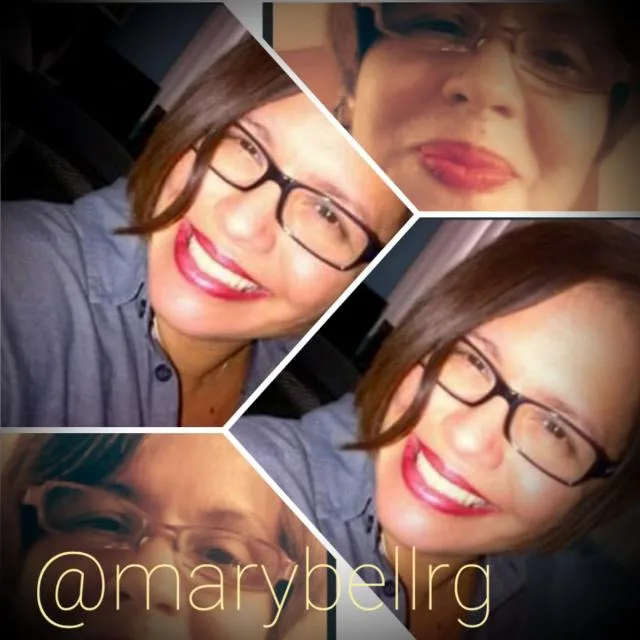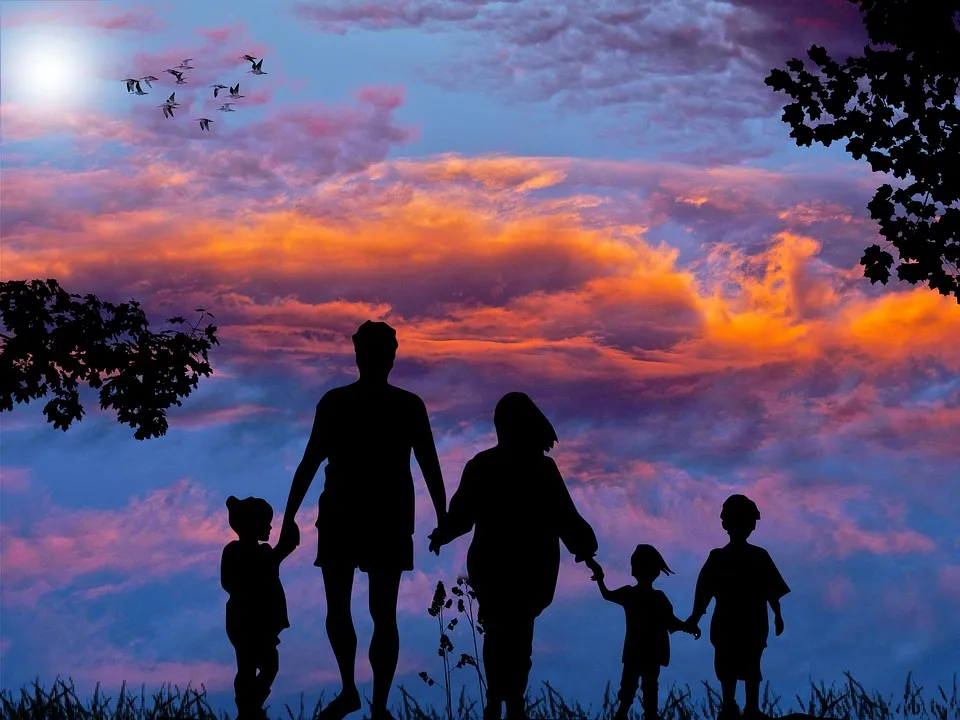
s05prodpresidente - Imagen principal en Pixabay │ s05prodpresidente - Main source in Pixabay
El amor no es peligroso.
La dependencia emocional, sí.
Love is not dangerous.
Emotional dependence is.
(Ulises Sanchez)

Siempre he visto con preocupación, el hecho de que muchos padres tienden a querer que sus hijos se hagan dependientes de ellos aun siendo adultos. Una conducta que, desde mi punto de vista, es inaceptable y tóxica, y sobre todo, muy perjudicial para la evolución de nuestros hijos hacia una vida adulta sana y equilibrada.
Nuestro único y más importante deber, como padres, es ser los custodios y guías de nuestros hijos, con la finalidad de formarlos para la vida, es decir, que tengan criterios y valores para enfrentarse a un futuro como adultos, sin nuestra sombra. Eso no incluye que ellos tengan que depender siempre de nosotros, y no hablo en el sentido material, sino más bien en el emocional.
Cuando nuestros hijos nacen, es lógico y obligatorio, que cuidemos de ellos para que tengan un buen y sano crecimiento, desde todos los puntos de vista posibles. En ese proceso de crianza y cuidado, debemos ir inculcándoles el amor a su independencia, para que se desenvuelvan por sí mismos y, en un futuro no tan lejano, puedan disfrutar su vida adulta con éxito y sobre todo, equilibradamente.
I have always seen with concern, the fact that many parents tend to want their children to become dependent on them even when they are adults. A behavior that, from my point of view, is unacceptable and toxic, and above all, very detrimental to the evolution of our children towards a healthy and balanced adult life.
Our only and most important duty, as parents, is to be the custodians and guides of our children, to form them for life, that is to say, that they have the criteria and values to face a future as adults, without our shadow. This does not mean that they should always depend on us, and I am not speaking in the material sense, but rather in the emotional sense.
When our children are born, it is logical and obligatory that we take care of them so that they have good and healthy growth, from all possible points of view. In this process of upbringing and care, we must instill in them a love for their independence, so that they can develop on their own and, in the not-so-distant future, enjoy their adult life successfully and above all, in a balanced way.

Debemos aportarle equilibrio y formación, no pretender que siempre vamos a solucionar sus problemas sin ni siquiera dejarlos pensar en una posible solución a los mismos.
He visto muchos padres que, a sus hijos adultos, no los dejan ni pensar en cuanto se les presenta un problema y ojo, debo acotar que, como padres, podemos seguir apoyándolos siempre, pero, sabiendo cuál es la línea que no debemos cruzar en cuanto a entrometernos y querer imponer nuestro criterio como si ellos fuesen pequeños. Yo asocio esta conducta de algunos padres, con el Síndrome de Mamá Gallina y la sobreprotección tóxica, del cual les hablé, en una de mis anteriores publicaciones.
Cuando te vuelves tóxico al extremo de no dejar que tus hijos crezcan emocionalmente, estás limitando su desarrollo hacia una adultez sana. Puedes creer en el momento, que estoy exagerando, pero no, pues debes trasladarte al hecho de cuando no estés a su lado, para resolverle hasta el más sencillo inconveniente que se le presente en su vida. Lo cual considero, un daño profundo, irreparable e imperdonable como padres.
We must provide balance and training, not pretend that we are always going to solve their problems without even letting them think about a possible solution to them.
I have seen many parents who, to their adult children, do not even let them think when they have a problem and I must point out that, as parents, we can always continue to support them, but, knowing what is the line that we should not cross in terms of meddling and wanting to impose our criteria as if they were small. I associate this behavior of some parents with the Mother Hen Syndrome and toxic overprotection, which I talked about in one of my previous publications.
When you become toxic to the extreme of not letting your children grow emotionally, you are limiting their development into healthy adulthood. You may think at the moment that I am exaggerating, but I am not, because you must move to the fact that when you are not by their side, to solve even the simplest inconvenience that arises in their lives. Which I consider deep, irreparable, and unforgivable damage as parents.

Estar a su lado apoyándolos, sin rebasar los límites, debe ser la premisa. Cultivar su sentido de independencia, para cuando sean adultos, puedan luchar para alcanzar sus metas, ese debe ser nuestro apoyo. Estar allí cuando nos necesiten, sin interferir en sus problemas, sabiendo dar nuestra opinión con respeto y sentido de oportunidad, también debe ser nuestro norte y nuestra mejor conducta respecto a este tema.
Me ha tocado vivir una bonita experiencia como madre al respecto, pues aun cuando en el principio de mi maternidad (por ser madre de un hijo único) tendí a ser sobreprotectora, me di cuenta al avanzar en su crianza, que estaba yendo por el camino equivocado. Tomé acciones y aun con el temor normal de una madre, dejé que mi hijo fuera teniendo criterio y poder de decisión, dedicándome solamente a apoyarlo desde mi lugar y ayudando a reforzar su autoestima y seguridad ante la vida.
Hoy día puedo decir, que me siento orgullosa y satisfecha al ver a mi hijo a sus 23 años, realizado y capaz de tomar sus propias y sabias decisiones ante la vida. Sepamos ser apoyo, sin ser obstáculos ni aportar toxicidad en nuestro rol como padres y guías. Amenos saludablemente a nuestros hijos y estemos a su lado, propiciando que sean adultos capaces, equilibrados y sobre todo, preparados para la vida. Gracias por llegar hasta aquí. Nos leemos la próxima vez.
To be by their side supporting them, without exceeding the limits, should be the premise. Cultivate their sense of independence, so that when they are adults, they can fight to achieve their goals, that should be our support. Being there when they need us, without interfering in their problems, and knowing how to give our opinion with respect and a sense of opportunity, should also be our north and our best conduct regarding this issue.
I have had a beautiful experience as a mother in this regard, because even though at the beginning of my motherhood (being the mother of an only child) I tended to be overprotective, I realized as I advanced in his upbringing, that I was going down the wrong path. I took action and even with the normal fear of a mother, I let my son have criteria and decision-making power, dedicating myself only to support him from my place and helping to reinforce his self-esteem and security in life.
Today I can say that I feel proud and satisfied to see my son, at 23 years old, fulfilled and capable of making his own wise decisions in life. Let us know how to be supportive, without being obstacles or toxicity in our role as parents and guides. Let us healthily love our children and be by their side, helping them to become capable, balanced adults, and above all, prepared for life. Thank you for coming this far. See you next time.

La dependencia es la muerte a la iniciativa,
a la toma de riesgos y a la oportunidad.
Dependence is death to initiative,
to risk-taking and opportunity.
(Mitt Romney)

Gracias por tomarse un tiempo para esta lectura
Thank you for taking the time for this reading


Los separadores son propiedad de la comunidad Motherhood. Su uso està autorizado para sus miembros │ The dividers are the property of the Motherhood community. Their use is authorized for its members.

Los separadores color púrpura son cortesía de ikasumanera para libre uso de los usuarios de HIVE │ The purple separators are courtesy of ikasumanera for free use by HIVE users.




